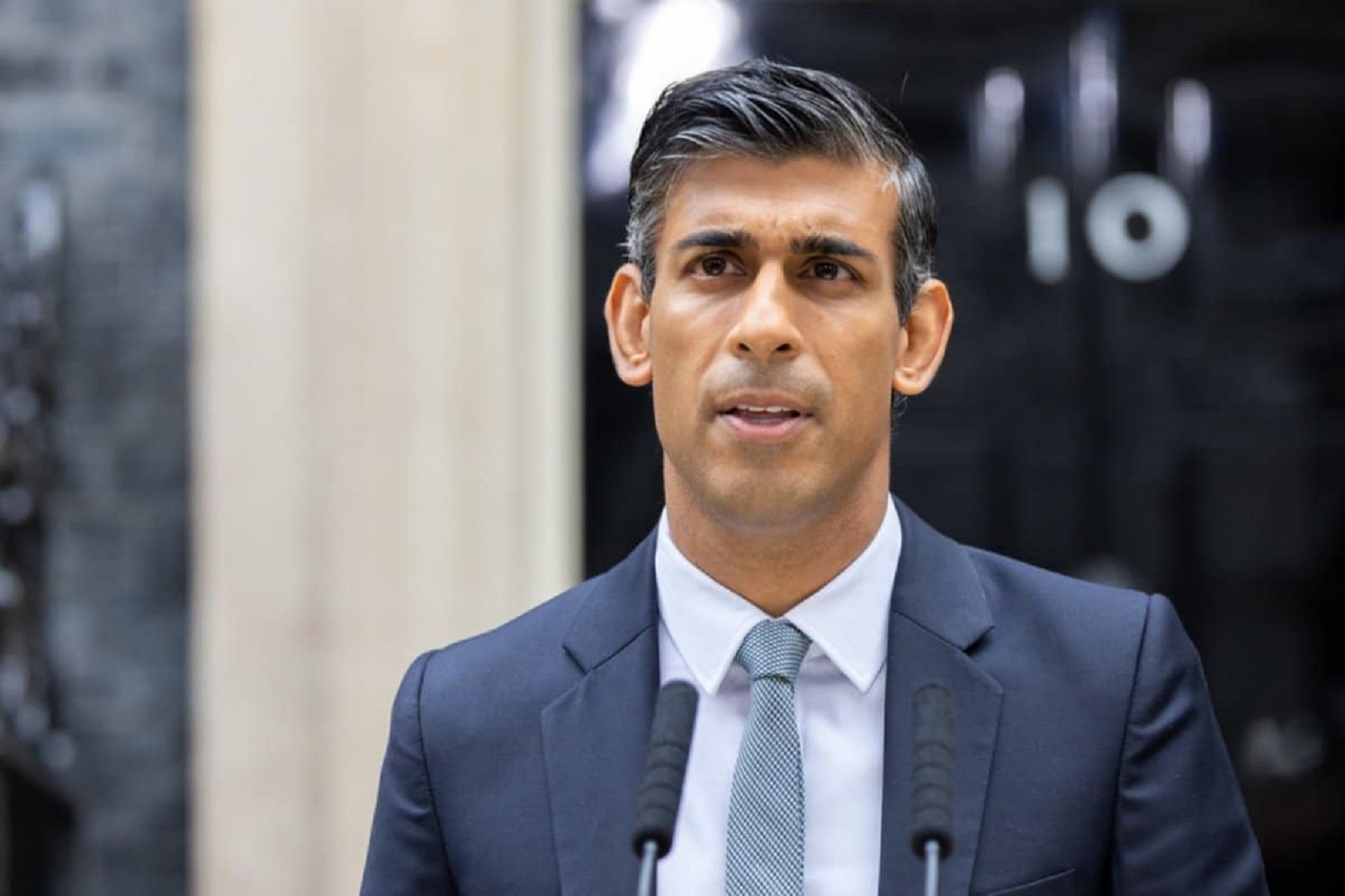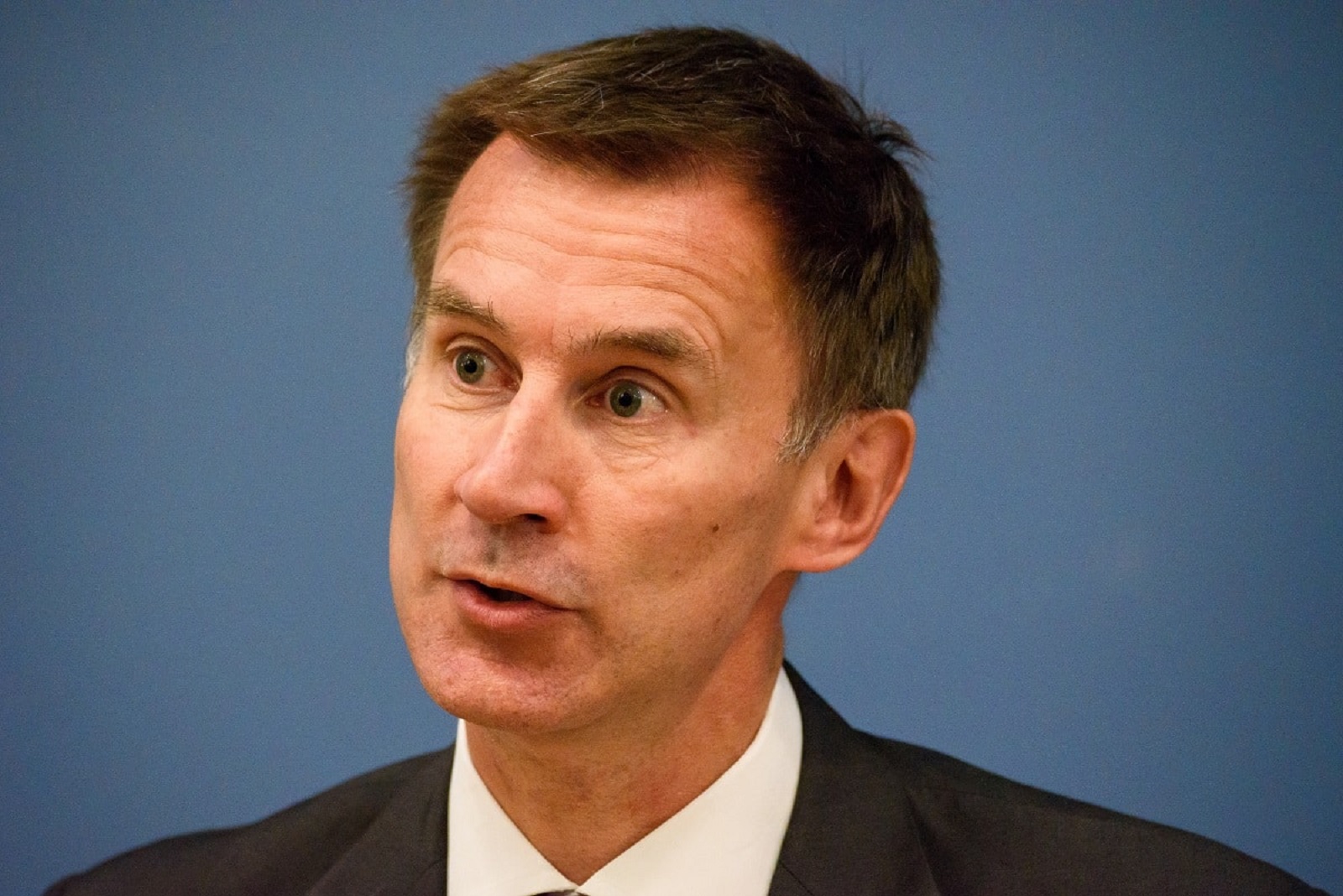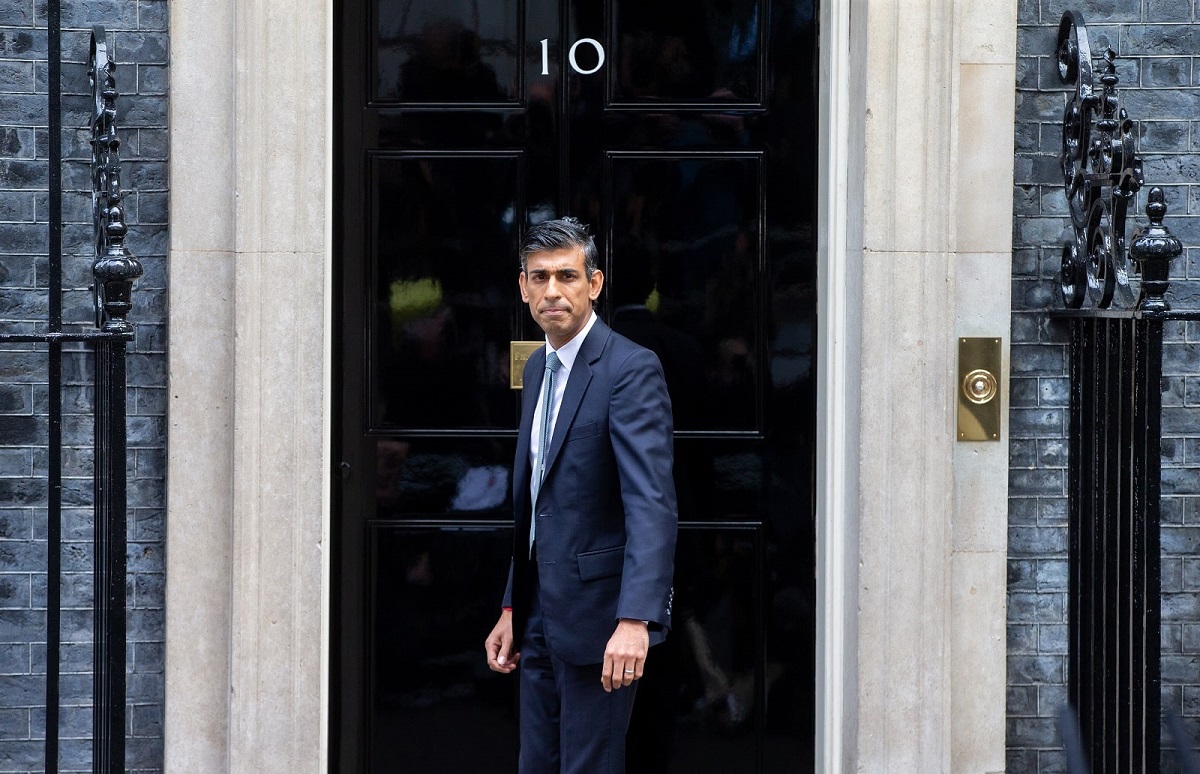The government has introduced plans to regain control of the economy by enforcing stricter tests on those who deem themselves unfit for work. Prime Minister Rishi Sunak plans to implement a wellness approach that includes activities like jogging and gardening.
Promoting Wellness and Employment

In a bid to reintegrate people on long-term sickness leave into the workforce, the government, led by Rishi Sunak, is set to implement a unique approach.
Aiming to Reduce Long-Term Sickness

The new strategy encourages doctors, employers, job centers, and social workers to recommend therapy and life coaching as part of efforts to reduce the number of individuals who aren’t currently in the office.
Social Prescribing

The comprehensive plan also includes NHS “social prescribing” initiatives, offering community activities like jogging and gardening.
The Wellness Scheme and Its Objectives

Work and Pensions Secretary Mel Stride and Health Secretary Victoria Atkins aim to launch a “wellness” scheme, hoping it will not only facilitate the return of individuals to employment but also contribute to their sustained engagement in the workforce.
More Support

“We know the longer someone spends out of work, the harder it becomes for them to find a job,” they said, “We also know that one in five of those claiming the highest level of health benefits want to work and feel they could do so with the right support.”
Not a One-Size-Fits-All Solution

While optimistic about the potential impact of the scheme, Mr. Stride and Ms. Atkins recognize that the initiative is not a universal remedy for all long-term sick individuals who might be capable of work.
Commitment to Working Workforce

The nuanced nature of health conditions requires tailored approaches, reflecting the government’s commitment to addressing the diverse needs of the workforce.
Sunak’s Commitment to Welfare Reforms

Collaborating with Chancellor Jeremy Hunt, the government is striving to reduce welfare expenses and revitalize economic growth.
The Covid Effect

The aftermath of the COVID-19 pandemic has led to a rise in the total number of people unemployed due to long-term sickness or disability, hitting 2.6 million. At present, 2.2 million individuals are receiving Universal Credit without work requirements.
Stricter Fit-to-Work Tests and the “WorkWell” Pilot

Chancellor Jeremy Hunt outlined plans for stricter fit-to-work tests, with the goal of bringing at least 200,000 people into employment.
WorkWell Trials

The newly introduced pilots, labeled “WorkWell,” will be tested in 15 areas and involve a comprehensive service integrating work coaches, physiotherapy, and mental health treatment.
Bigger Roll Out

Following successful trials, the government envisions a national expansion of the scheme, although key elements are not expected to take effect until 2025.
Labour’s Response and Scrapping the Work Capability Assessment

Labour’s Shadow Employment Minister Alison McGovern criticized the government’s initiative, deeming it “all too little and far too late.”
Scrap the WCA Tool

Additionally, the Sunak government plans to discard the controversial Work Capability Assessment (WCA), a tool used to determine eligibility for benefits payments due to sickness or disabilities.
Remote Work Opportunities

The proposed reforms, slated for 2025, will require individuals with health problems to search for remote work opportunities.
More Articles Like This…
Broken Britain: 12 Reasons Behind the UK’s Decline
Say the Unsayable: 10 Occasions When Farage Spoke His Mind About Britain
The post Back to Work: The Government’s Tougher Policy to Get People Working first appeared on Edge Media.
Featured Image Credit: Shutterstock / I T S.
Oscar Davies, an expert in US and UK politics and sports, is renowned for his sharp and engaging writing style, appealing to a broad spectrum of readers.

